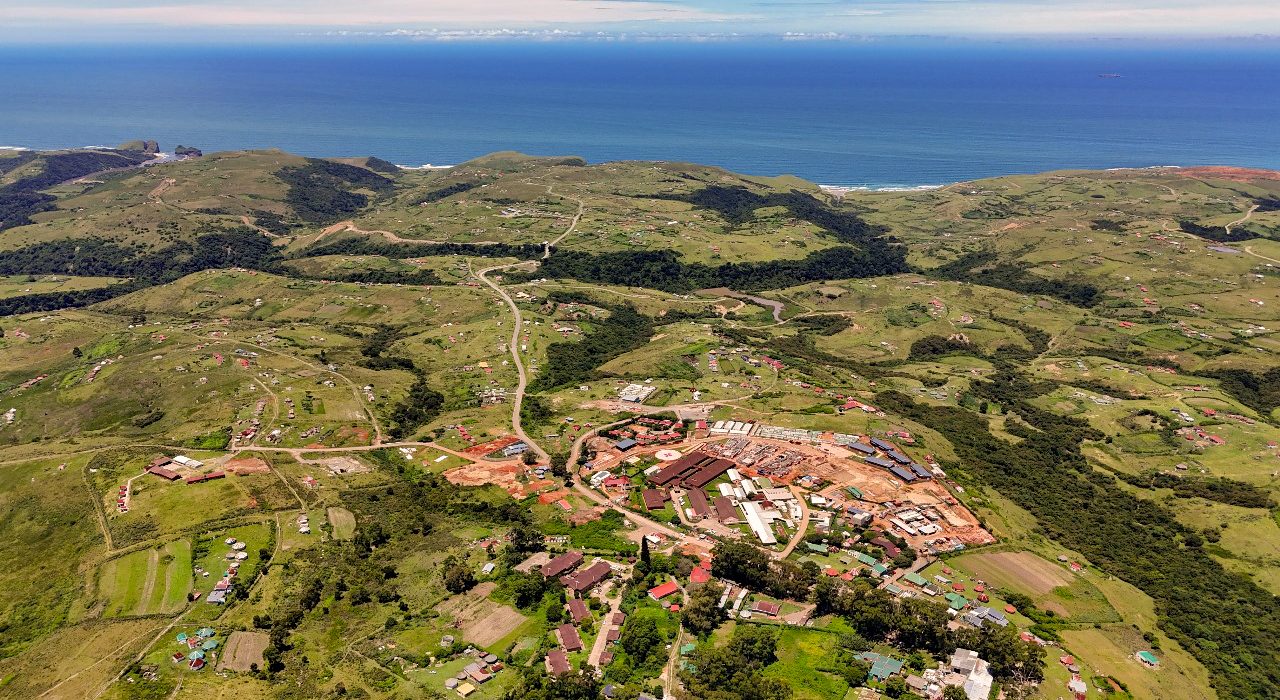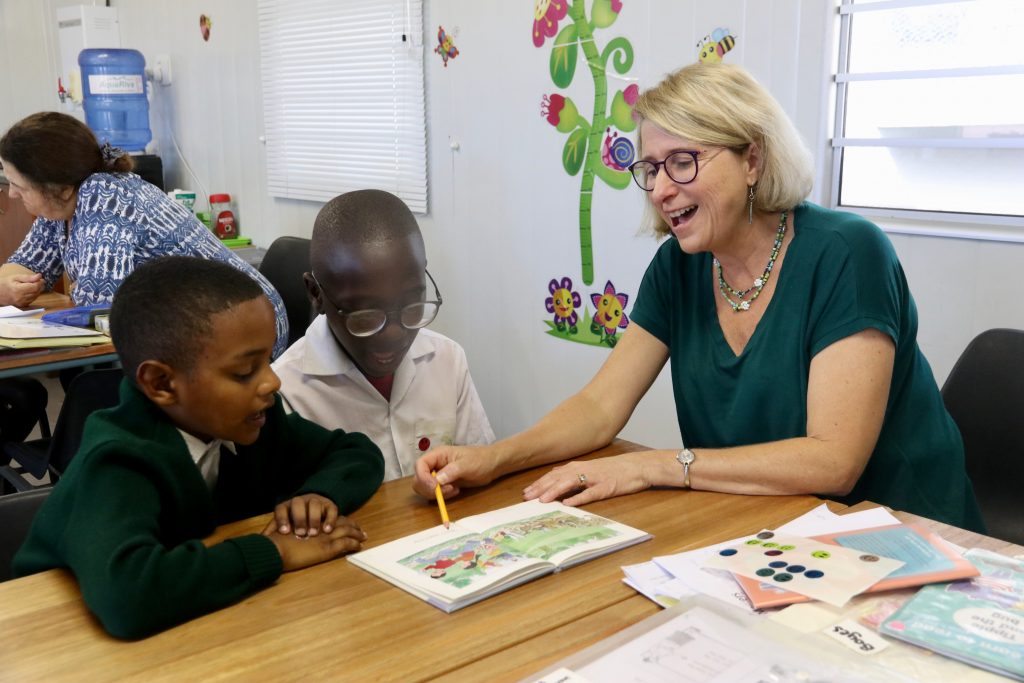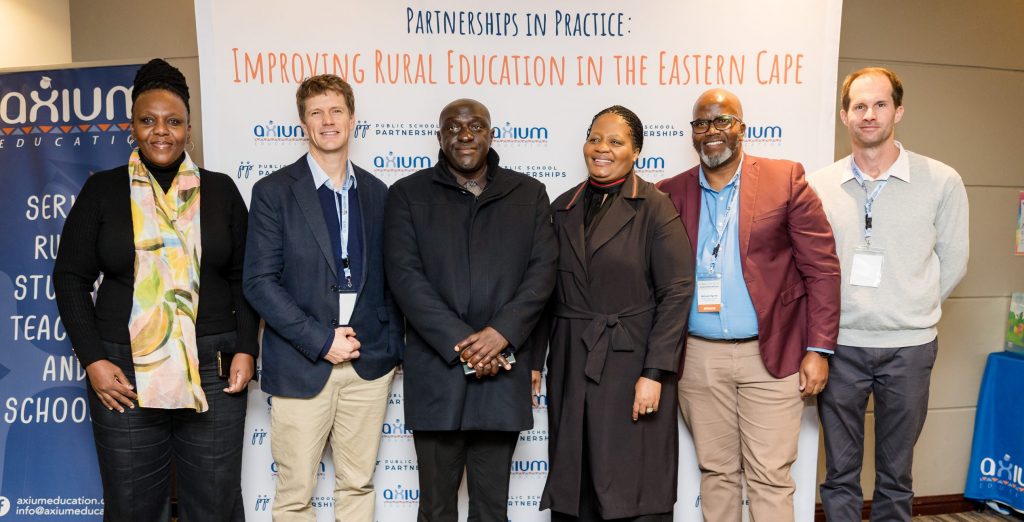Vuyokazi*, a lively three-year-old, is just the right age to start preschool this year. On the surface, she appears much like her peers. However, Vuyokazi faces significant challenges that set her apart: she struggles with processing sensory stimulation. Activities that are routine for other children, such as group singing, moving around the classroom, playing on the jungle gym, hearing the cacophony of chairs scraping across the floor, can overwhelm and incapacitate her. She manages to participate in only one activity per day, which often takes up most of her morning. Lunchtime requires teacher assistance, and throughout the day, Vuyokazi remains silent. Vuyokazi has Autism Spectrum Disorder and Attention Deficit Hyperactivity Disorder.
As many Kamvalethu blog readers are aware, preschools in the rural Eastern Cape face myriad challenges. Providing quality ECD is already a formidable task. Introducing children with visible or invisible disabilities into the mix amplifies these challenges exponentially.
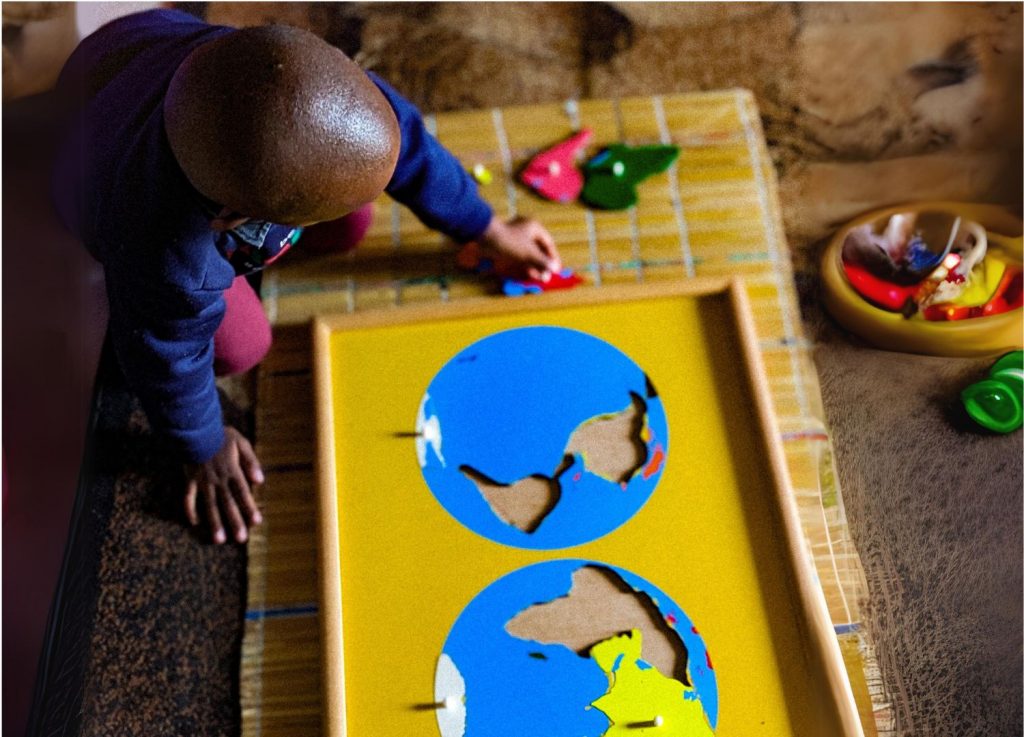
While progress has been made in South Africa with legislation and strategic plans developed since the introduction of “The White Paper on Inclusive Education in South Africa” in 2001, bridging the gap between theory and practice remains a significant hurdle. Training for ECD practitioners includes components related to teaching children with disabilities, but the extent and depth of this training vary significantly. According to two of Jabulani’s previous Education Programme Managers, inclusive education is often relegated to one or two modules in the NQF 4 and 5 qualifications. One recounted that her own training included just a two-hour theoretical seminar on the topic, which did not equip teachers with any practical classroom management skills. Whether due to time constraints in the syllabus or the low prioritisation of disabilities and inclusive education, the result is insufficient preparation for educators.
However, there is hope and help! Montessori schools and those trained in the Montessori method are particularly well-equipped to support children like Vuyokazi. The Montessori Philosophy, developed by Maria Montessori, Italy’s first female doctor, emerged from her work with children with special needs. According to the South African Montessori Association, “Through methodical observations of the children and their individual needs, [Dr. Montessori] worked out the best means suited to teach them. Those children who had previously been abandoned as incapable of learning to function productively began showing the ability to care for themselves. When these children with special needs passed exams on a level with children with no learning challenges, she began questioning the calibre of ‘normal/mainstream’ education” (https://samontessori.org.za/). The methods and materials developed by Montessori are therefore inherently suited to children with disabilities.
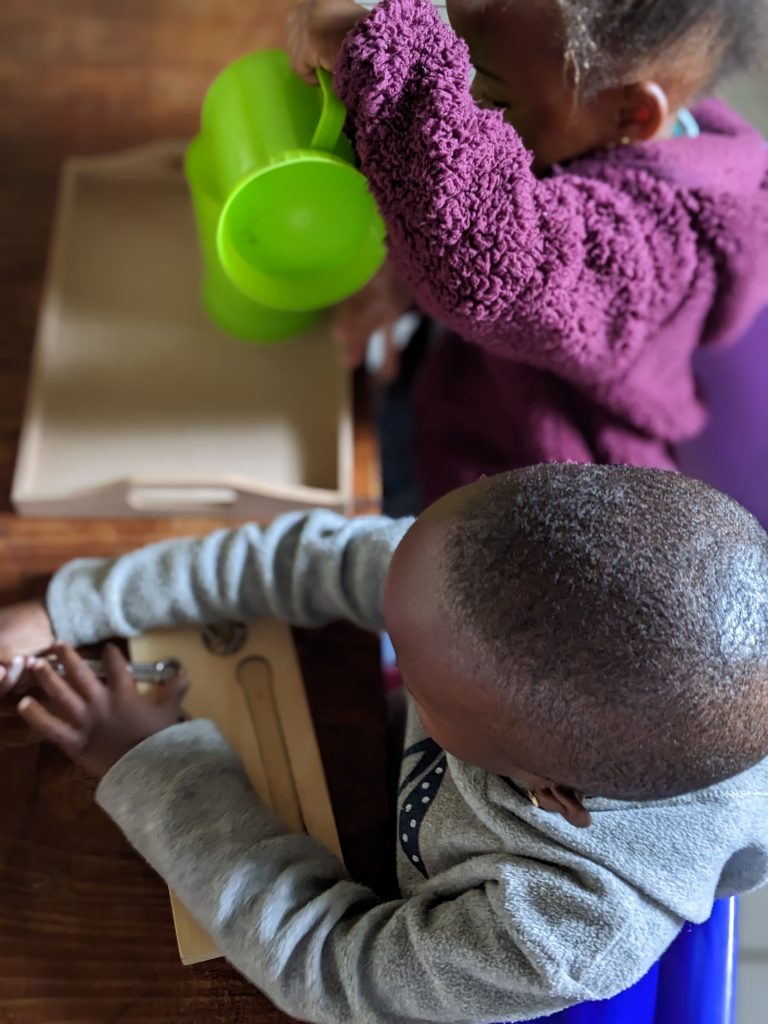
While Montessori techniques offer significant advantages, they do not eliminate the need for continuous learning and equipping teachers with tools and knowledge to aid children with disabilities. This proactive effort is even more crucial for schools following more traditional ECD styles. Thankfully, resources and training are available. To better support Vuyokazi, our teachers have undergone training with Autism SA (https://www.aut2know.co.za/) and in the second half of the year, we aim to utilise disability resources from Shonaquip (https://shonaquipse.org.za/) to further our learning.
Supporting people with disabilities is close to our hearts and we are also grateful to have the assistance of our Rural Ability Programme team, to whom we have gone for input on previous occasions, for example, when including a boy with Cerebral Palsy in our classroom. Jabulani is committed to creating an inclusive environment where every adult and child can thrive. Vuyokazi’s journey with our Zithulele Montessori Preschool is a good reminder of the importance of adaptability, understanding, and continuous improvement in our educational practices. By embracing these values, we can ensure that all children, regardless of their abilities, have the opportunity to succeed.
*Name changed to protect identity
